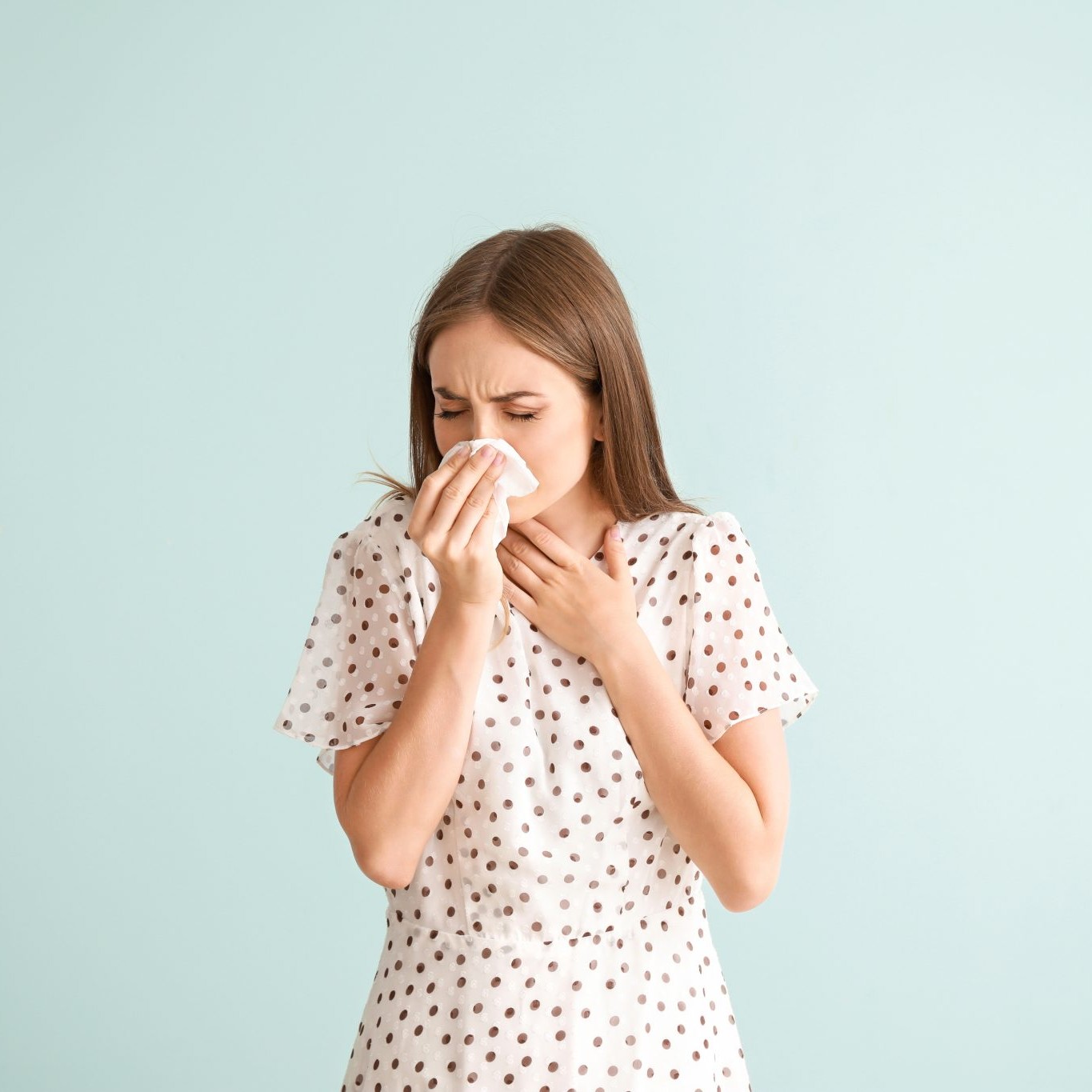There is a wide range of variability from person to person when it comes to allergies. The unique circumstances of each person and their environment as well as what type of symptoms occur, how often they occur, and how troublesome they are all have significant meaning.
Gathering this important clinical information is vital to providers as they are trying to determine if allergies may be playing a role. The ability to identify an association between allergic symptoms and allergen exposures is key and sometimes even definitive in deciding to proceed with allergy testing or immunotherapy.
An easy to use, simple to use, and quick-to-complete symptom screening tool is available in allergy clinics offering United Allergy Service’s line of allergy care options. This screening form offers standardization for this critical initial clinical investigation. It offers the opportunity to focus on seven core symptoms that can be strongly indicative of allergic disease.
The screening tool allows providers to assess the presence of symptoms with a strong indication for allergic disease, the frequency of these symptoms, and the presence of other allergic conditions such as atopic dermatitis and asthma. The greater the symptom score, and the more regular or frequent the symptoms occur, the higher the consideration for an allergy skin test should be. Atopic conditions such as atopic dermatitis and asthma, as well as symptom modifying medication use that has failed to control symptoms, also build more strength in the decision to undergo an allergy test.
This screening tool can also help to capture valuable information even after patients are scheduled for or have already had their allergy test. It can help determine the need for allergy testing and possibly immunotherapy, as well as track the decrease in symptoms and the positive impact immunotherapy has had. Completion of this symptom screening form can also help identify an increase in tolerance to a specific allergen that was previously a trigger, any reduction in medications previously used to lessen allergy symptoms, and any additional clinical benefits noted such as a reduction in asthma exacerbations, sinus infections, ear infections, or dermatitis.
If you feel you may be suffering from allergies, we encourage screening utilizing an allergy symptom screening tool like the one available in UAS allergy clinics or the online allergy quiz available on our website. It’s a great way to start your journey of improving allergy symptoms and your quality of life!
Is It Allergies?
Suffering from common allergy symptoms such as watery/itchy/red eyes, stuffy/runny nose, frequent sneezing, or recurrent sinus infections? Take our quick Allergy Quiz to find out if you may have environmental, airborne, or food allergies—and how to find relief.
You may also be interested in . . .
Oral Allergy Syndrome
Delicious, ripe, mouthwatering fruits and vegetables are more plentiful during these summer months. However, that that summer breeze may carry more than just excitement for the season. Some people with environmental allergies may notice that certain fruits, vegetables, or nuts give them distinct allergic symptoms, typically confined to the lips, mouth and throat. This phenomenon is known as oral allergy syndrome (OAS). Oral Allergy Syndrome Oral allergy syndrome, or pollen food allergy syndrome, occurs when there is a…
Eosinophilic Esophagitis (EoE)
Eosinophilic esophagitis (EoE) is a recognized diagnosis that produces symptoms related to dysfunction of the esophagus. In EoE, large amounts of white blood cells, specifically eosinophils, collect in the inner lining of the esophagus resulting in inflammation. Typically, the esophagus is free from eosinophils and resulting inflammation, and so in EoE, a patient will begin to notice a difference in the way they can eat and swallow food. This condition can be difficult to diagnose as other conditions can present with…
Football, Food, and Fall Allergies
Fall has arrived and so have shorter days, cooler weather, and football season! Unfortunately for some, football, food and fall allergies go hand in hand. This is especially true in the southern and western regions of the US where some weed allergens peak in the fall. The idea of sneezing and wheezing with itchy, watery eyes while watching a game or practice can be dreadful. Perhaps more concerning is visiting major sports venues if you or a loved one have food allergies. Outdoor Allergies It is common to check the…



